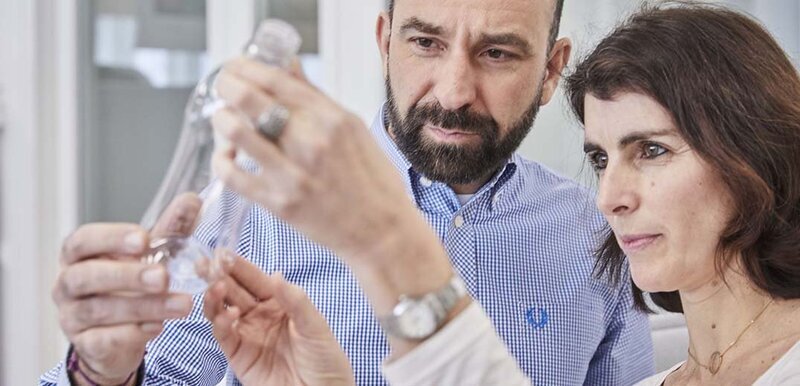
Sweden pledges extra $19m in Loss and Damage Fund
Sweden pledges additional $19 million to the Loss and Damage Fund at the 29th United ...

Nestlé has announced signing the European Plastics Pact within the framework of its commitment to reducing the use of virgin plastics by one third.
Nestlé seeks to make 100% of its packaging recyclable or reusable and reduce its use of virgin plastics by one third by 2025. This step will also bring Nestlé closer to its vision that none of its packaging, including plastics, ends up in landfill nor in oceans, lakes and rivers.
The European Plastics Pact aims to accelerate the transition towards a circular plastics economy. It will stop the sole dependence on virgin plastics – plastics made from non-renewable fossil fuel.
The Pact is a joint effort of leading companies, NGOs and governments which agreed on common goals by 2025.
These European targets include reducing virgin plastic products and packaging by at least 20%; raising collection and recycling capacity in Europe for plastic packaging by at least 25%; and boosting the use of recycled plastics in packaging to an average of at least 30%.
Marco Settembri, Nestlé CEO for Europe, Middle East and North Africa: “We are pleased to sign the European Pact. One of our joint objectives is to create a circular economy by improving collection, sorting and recycling schemes across Europe. Already today a new Vittel plastic bottle is manufactured out of used ones. Tomorrow, we want to make sure that also other packaging, such as our wrappers and pouches, can be recycled into new food packaging”. This will not be easy.
Nestlé’s top priority is the safety of its products. Any plastics used for food packaging must be ‘food-grade’, which means it cannot contain any substances harmful to humans. In order to achieve food-grade recycled plastics, recycling processes will have to evolve.
The challenge for Nestlé, and the food industry at large, is that it is currently cheaper to produce packaging from virgin plastics than to use recycled food-grade plastics. To overcome this, Nestlé recently announced an investment of more than CHF 1.5 billion to create a market for food-grade recycled plastics.
To further reduce the use of virgin plastics, Nestlé is reinventing the ways it delivers its products. It is currently trialling a packaging-free system for dispensing Purina PetCare pet food and Nescafé soluble coffee.
Nestlé has also partnered with LOOP, a home-delivery service providing reusable packaging. First products will soon become available in France.To further accelerate this process of innovation, Nestlé has launched a CHF 250 million sustainable packaging fund focusing on start-ups developing packaging innovation, including new materials, as well as refill systems and recycling solutions.
Sweden pledges additional $19 million to the Loss and Damage Fund at the 29th United ...
New Chief Executive Officer (CEO) DHL Express in the Middle East and North Africa(MENA) Abdulaziz ...
Lindt & Sprüngli has already achieved a reduction in its carbon footprint in transportation, with ...


اترك تعليقا